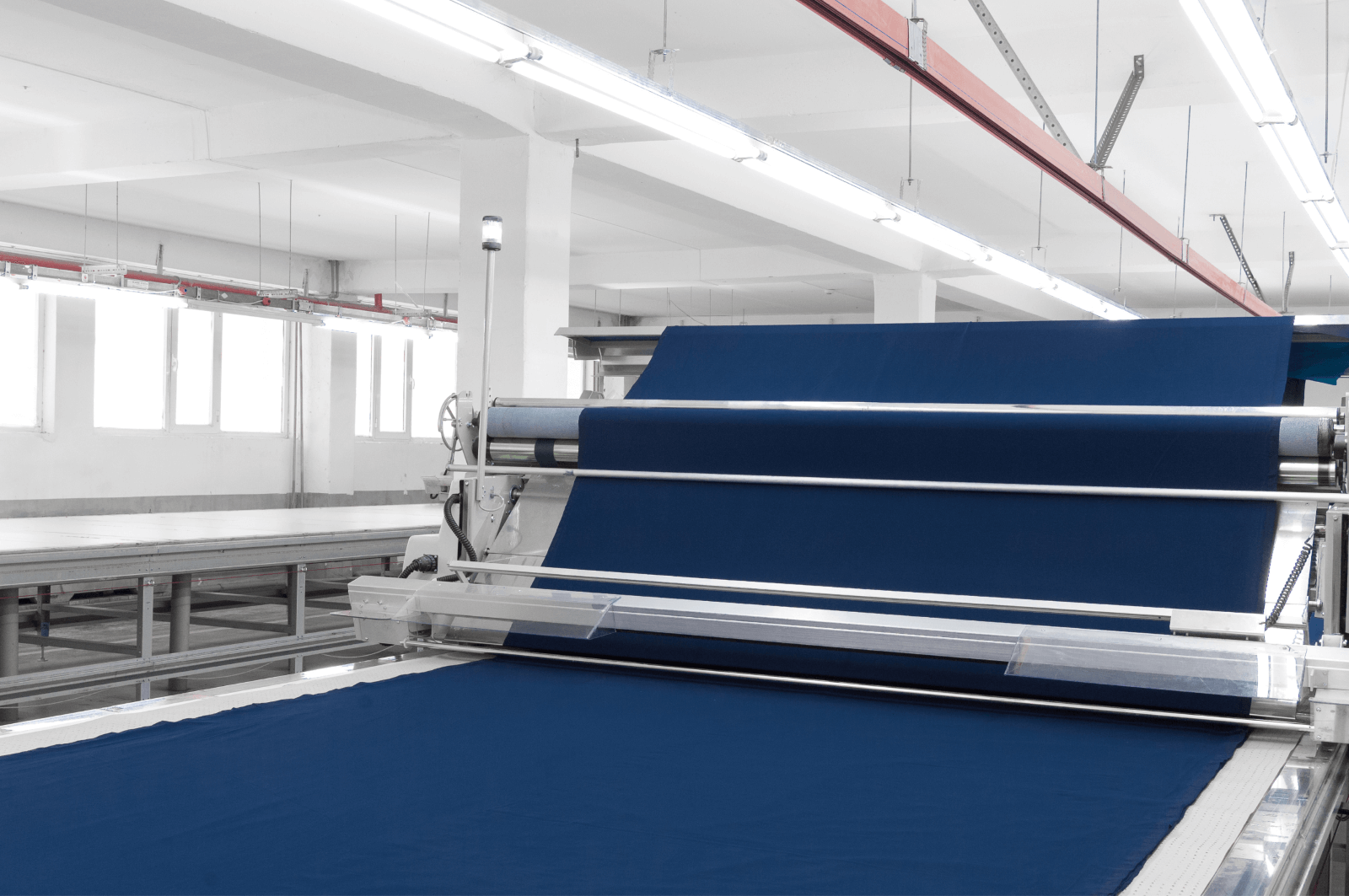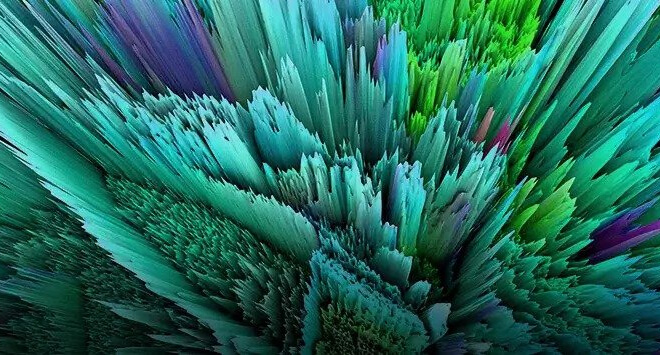No More Methanol: How a Criteria Change in Sustainability Certification is Shaping the Textile Industry
Partner Post by NTX
Methanol is a toxic chemical that is commonly used in the production of textiles, including clothing. The harmful impact of methanol in clothing production can have severe consequences for both human health and the environment.
Our incubatee, NTX™, recently published an article on the implications of the new ban on methanol in the textile supply chain and the growing demand for sustainable printing alternatives.
Who's NTX
Shaping the Textile Industry through Sustainability Certification Criteria
As consumer and governmental pressure mounts, major global brands are seeking to become more sustainable in their production practices. One way they are demonstrating their eco-friendliness is by obtaining Bluesign certification, which sets rigorous standards for sustainable textile production. However, a criteria change in Bluesign certification was announced in 2021 and is coming into full force this year has had far-reaching implications throughout the textile supply chain. The criteria deals with the use of methanol in transfer printing, also known as sublimation printing.

For this reason, there is a growing push towards the use of more sustainable and environmentally friendly printing practices. By phasing out methanol and adopting alternative printing technologies, companies can improve the safety of their employees and minimize their impact on the environment.
Out with the Old, in with the New: Exploring Sustainable Printing Alternatives
In their 2021 phase out plan announcement, Bluesign hinted at two alternatives: the use of non-solvent, water-based solutions, or the implementation of effective volatile compound retrieval systems and substitution of methanol by ethanol.
Both of these solutions present their own sets of challenges. No matter which path the millhouses choose, companies will need to overhaul their process, as well as invest in new infrastructure. In other words, the era of inexpensive sublimation is over. Furthermore, companies may also risk a degree of output quality once the new system is implemented.
Switching to the ethanol based solution and implementing an effective off-gas treatment system is prohibitively expensive, especially for medium and smaller millhouses. The change to ethanol also changes solubility which affects color fastness. The apparel may become faded after washing which will influence what colors a mill house may be able to offer to brand houses.
Moving towards a water based solution has its own challenges. It will require a new, higher temperature, drying system which again has cost implications. The new system may also affect quality as the current solutions use huge steamrollers that produce designs that are very shiny, and which oftentimes look and feel cheap.
Leading the Way: How NTX® Cooltrans® is Revolutionizing Sustainable Printing
NTX has been leading the charge in sustainable textile coloration innovation for decades, with a focus on water-based ink technologies. We’ve developed an extensive portfolio of patents and proprietary know-how that has enabled us to revolutionize the transfer printing industry. By never relying on methanol in our printing process, we’ve created a safer and more sustainable coloration process – NTX® Cooltrans® – that reduces the environmental impact of textile production.
The technology is highly efficient and eco-friendly, reducing both carbon emissions and water usage. This means that our printing process not only minimizes the impact on the environment but also saves costs for our clients. Furthermore, the technology is commercialization-ready, which means that it is available and able to support the needs of the industry. By adopting NTX® Cooltrans® technology, companies can significantly reduce their environmental footprint while maintaining high-quality printing standards.

The Power of Change: Moving Towards a Cleaner, Greener Textile Industry
The textile industry is moving towards a cleaner, greener future as sustainability becomes an increasingly important consideration for consumers and brands. The new Bluesign certification criteria banning methanol in sublimation printing is just one step in this direction, and while it presents challenges for the industry, it also opens up opportunities for innovation and sustainable growth. By embracing new technologies like NTX Cooltrans, companies can reduce their environmental impact, improve the safety of their employees, and meet the growing demand for sustainable textile production. Together, we can drive positive change in the industry and create a brighter, more sustainable future for all.
Content provided by NTX, see original text here.
With NTX® Cooltrans® as foundation, the company has established a Southeast Asia-based ecosystem of textile processing plants to become the next-generation sustainable, eco-friendly supply chain partner for the world’s most significant fashion and apparel brands. Last year, NTX announced the completion of nearly 200 million US dollars in a C2 round of financing led by Centurium Capital, to accelerate growth and capitalize on the operations needed to meet the quickly rising demand of the expanding customer base.
As a startup ecosystem builder, it is our honor to be part of a community that fosters innovations that reshape our textile supply chain. NTX will be showcasing its technologies in the upcoming ITMA exhibition in June. Don’t miss the chance to meet and connect with the team there!
About NTX®
NTX® is a world-leading textile innovation company focusing on a revolutionary waterless textile coloration solution, Cooltrans®. Compared to the textile industry's traditional coloration technology, which is water-consuming and damaging to the environment, NTX® Cooltrans® can save up to 90% of water compared to conventional dyeing technology and reduce energy usage, alleviating the substantial environmental footprint of the textile industry.
Website: https://www.ntx.global/